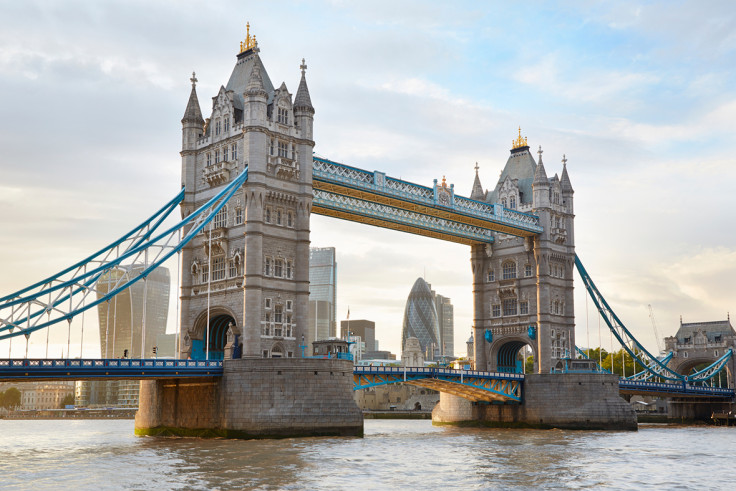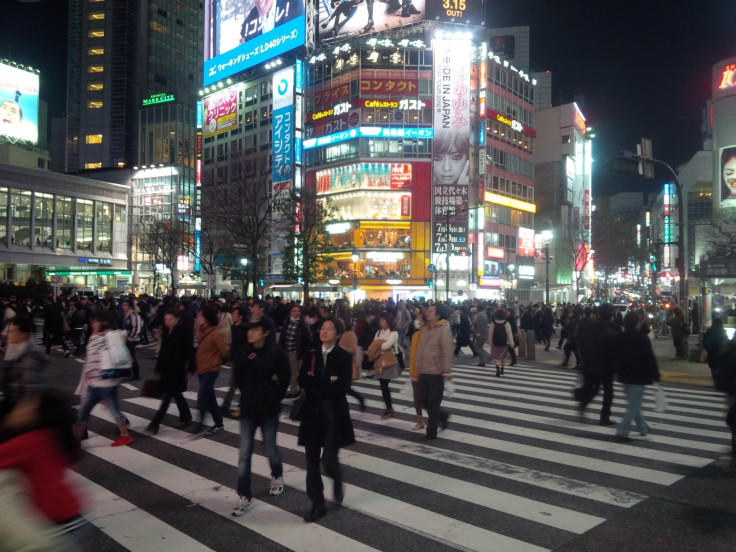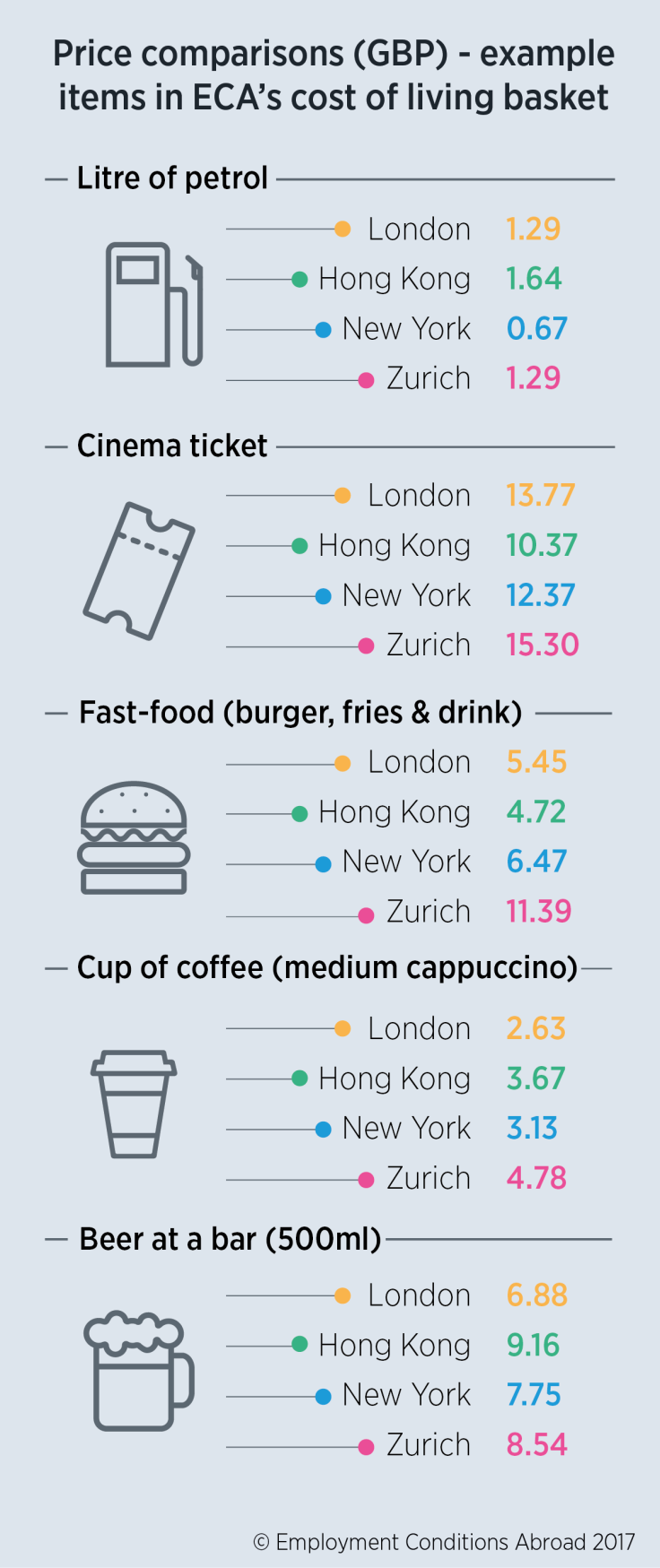Revealed: Why Britain is among the cheapest countries for foreign workers
London falls 36 places in a year and is now the world's 139th most expensive city for overseas employers.

The UK is now one of the cheapest countries in Europe for overseas employers, as the cost of living continues to decline, a new survey has shown.
According to the latest Cost of Living Index published by business management consultant ECA International, London has fallen to 139th most expensive city in the world for foreign workers, dropping 36 places in 12 months.
The decline has put the British capital behind Dublin, which currently sits in 82nd place, Rio de Janeiro, Harare and Athens, which occupy the 120th, 133rd and 137th spot respectively.
Luanda, the Angolian capital, replaced Tokyo in first place after featuring in the top five most expensive cities in the world for the last five years, while the Japanese capital fell to eighth place but remained the most expensive location for expatriates in the Asia-Pacific region.
Meanwhile Karthoum, the capital of Sudan, ranked second after rising by 224 places in just five years, as currency shortages and rising prices continue to take effect on the African nation.
The survey, which has run for over 45 years and compares a basket of like-for-like consumer goods and services commonly purchased by workers in 470 locations worldwide, found London had the lowest ranking of any G7 capital and that the UK is one of the cheapest countries in Western Europe for expats, behind Italy, Germany and France.
Edinburgh, Manchester, Cardiff, Glasgow and Belfast, have all fallen in ranking in the past year, whereas many cities throughout Europe have moved up in the rankings.

"The UK and mainland Europe are going in very different directions in terms of rankings as the UK struggles with higher inflation and a weak pound while the euro has strengthened," said Steven Kilfedder, Production Manager, ECA International.
"Although doing business in the UK is now cheaper for overseas companies, the current situation will make it harder for UK companies to expand, invest and move people abroad."

Zurich, Geneva, Basel and Bern completed the top six, maintaining their positions in the top ten most expensive cities thanks to a strong Swiss franc and thriving economy.
Meanwhile, all Scandinavian capital cities remained in the top ten most expensive cities in Europe and all the Eurozone cities surveyed moved higher in the rankings, with Eindhoven and Hamburg climbing 32 and 23 places respectively.
"Many cities in Europe have leapfrogged others in the rankings with the euro now one of the world's strongest currencies while currencies have weakened elsewhere," added Kilfedder.
Across the Pond, the election of President Donald Trump coincided with a drop for all US cities featured in the rankings, as costs fall for overseas workers.
Dallas and Philadelphia saw the sharpest drops, both falling 36 places while Los Angeles and San Francisco - ranked 61st and 63rd respectively - have both dropped out of the top 50 most expensive cities in the world.
Kilfedder explained the drop was due to the fall in the value of the dollar and the thriving euro, which saw US cities overtaken by some of their Eurozone counterparts.
"After initially rising following Trump's election, the US dollar has fallen as his administration has stumbled," he explained.
"We could see this trend reversed next year if President Trump's tax bill is passed, as long as money moves back into the country and interest rate rises become more likely."
Hong Kong and the Norwegian city of Stavanger completed the top 10, while Seoul, Shanghai and Beijing ranked 11th, 12th and 16th respectively.





















